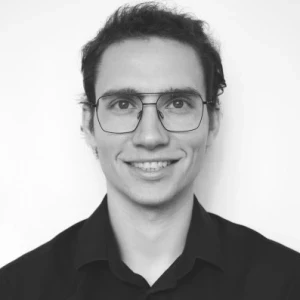Hi, so this question has come up after my recent inteview (round 1, 2nd interview) with McKinsey that I would like to clarify on.
The first question I was asked in the case interview was 'What factors would you consider to assist out client in their problem' (the regular structure development question). Now so far, when preparing for McKinsey, I was always told to answer said question in a consise manner, stating the key buckets and provide an overview of sub-components with some order of priority and then let the interviewer determin where they would like to explore, in the interest of time.
So, in my case, it was a profitability increase question for a tech product business. So, I broke it down as revenues and costs, then, I moved to segment revenues in terms of increasing opportunities from the existing product line, this included changes in price based on target segment senstivity and product positioning, increasing channel penetration of retail (the case mentioned it was a retail product) for better in-store placements and availability, and more (I'm paraphrasing here) and I did largely the same with costs, segmenting into variable and fixed. Connecting with the prompt of the company being fully integrated, I spoke about costs in that manner.
Now, as the interview proceeded, my interviewer then moved to ask the 'what else' question repeatedly and eventually led me in the direction of stating how I would VALIDATE (his words) my ideas, so when I said market including size / growth rates segmented by geography or customer segments, competitive landscape and rate of innovation, and more (again paraphrasing) that is when he was satisfied, or so it seemed.
The question that comes up here then is, to what extent should I build my framework? In hinesight now, it would've made sense to say market and product understanding first, then the profitability equation, and then maybe even the solution implementation strategy and risks however, going in the level of detail my interviewer took me in would have taken quite a while. For reference, with him it took 16 minutes of him just exploring my approach. If I was just explaining these in one go, it would've still taken 3-4 minutes at least.
So was this a pressure test to see if I actually knew what I was talking about or if I had just regurgatated what I had learned as a framework (maybe he felt that way at some point seeing it was just Rev - Cost at the high level) or did I miss something.
I understand this post is long and thank you for taking the time to read this. Just as a final note, this was a round 1 interview and oddly it was with a partner.
Thank you for your response.












